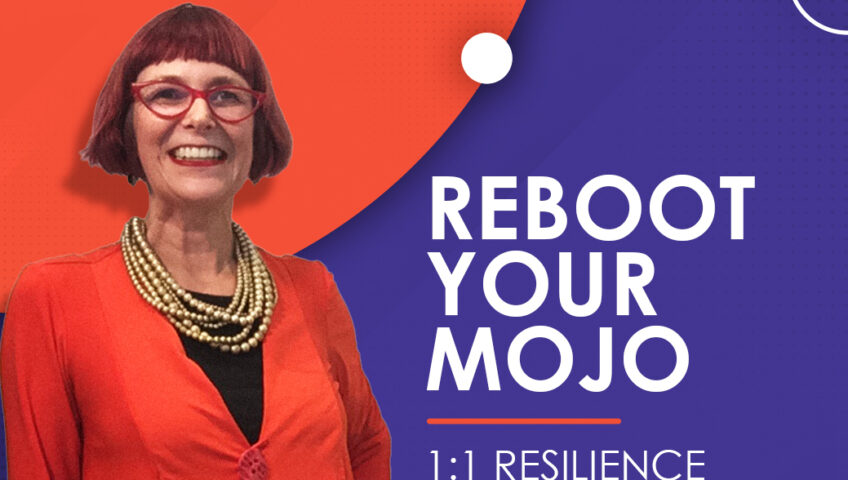So, you think that you’ve got it all figured out? Think again. It’s likely you’re dealing with a cognitive distortion. The truth is that no one has everything under control or knows all the answers. Most people have a mental bias. It leads you to overestimate or underestimate how much you can influence your environment.
You may believe that you can control everything or fear that you control nothing. This mental bias is called the ‘fallacy of control’. It’s a cognitive distortion, which means an incorrect way of processing information. A recent article on exploringyourmind.com offers more insight. According to the article, when you misinterpret reality, you make inaccurate judgments.
For example, if you think that you control everything, you may fail to recognise your limitations. People with this mental bias tend to be perfectionists. When something becomes out of your control, you may experience feelings of fear or rejection. The causes of this fallacy of control vary. Some of the potential factors include fear of delegating tasks and having an anxious personality. You may also be too much of a perfectionist or have deep-rooted beliefs that things depend on your actions.
The fallacy of control works both ways. Instead of feeling in control of everything, some people feel that they have no control. You may feel that you don’t have the power to change anything in your life. If this sounds like you, you may also suffer from low self-esteem and confidence.
The lack of control can increase your anxieties. This often occurs due to low self-esteem or feelings of learned helplessness. You may also feel that you lack control due to personal insecurities. According to the authors of the article, comparing your ideas with a reliable source of information can help combat mental bias.
The fallacy of control affects everyone differently. Whether you feel in control of everything or nothing, your mental bias may limit your success and professional opportunities. If you’re always in control, a moment that you can’t control may disrupt your routine. This leaves you feeling as if you are an imposter. If you’re never in control, you may already feel like an imposter.
Imposter syndrome is something that most professionals deal with at some point. When you realise that you don’t have everything under control, you may start to doubt your abilities. This makes it difficult to overcome challenges and explore new opportunities. Your confidence is also likely to suffer.
So, how can you control the fallacy of control? Start questioning your way of thinking. Don’t make assumptions. Evaluating your thoughts with a critical eye can help limit your mental bias and beat imposter syndrome. If you want to learn more about reframing your thought process, take a moment to explore my one-to-one coaching and online courses at https://thinklearnsucceed.com.au
Free e-book and video tips.Get your copy today!
|
|





